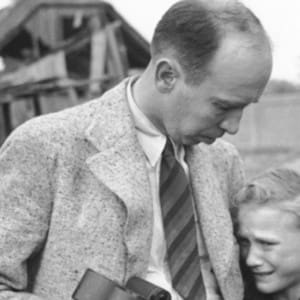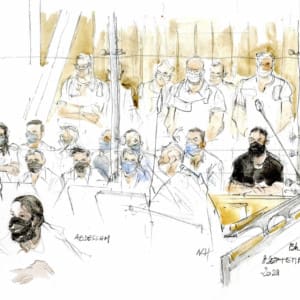Europe’s leadership is seeking to rapidly move forward on a controversial plan to build an EU army, with many in the past derided as conspiracy theorists for claiming that such an army could ever come into existence.
In her speech on the state of the EU in the European Parliament on Wednesday, European Commission President Ursula von der Leyen said that the EU should strengthen its troops in order to better intervene against global threats in the world. According to her, it would also be a possibility to build a joint EU army.
“In the last weeks, there have been many discussions on expeditionary forces. On what type and how many we need: battlegroups or EU entry forces,” Von der Leyen said. “This is no doubt part of the debate — and I believe it will be part of the solution.”
According to von der Leyen, the EU must ensure greater stability in its states and elsewhere. Member States should also share intelligence information, and the EU should become a leader in cybersecurity.
“You can have the most advanced forces in the world – but if you are never prepared to use them, of what use are they?” she said. “What has held us back until now is not just a shortfall of capacity – it is the lack of political will. And if we develop this political will, there is a lot that we can do at EU level.”
In the past, publications like the Guardian wrote, “Claims from the leave side [during UK’s Brexit referendum] about moves to unify Europe’s armed forces are nothing more than fantasy.”
However, such articles now seem absurd given how open Brussels is about their desire to create such a force over the last few years.
Fears that such an EU army would be dominated by France and Germany were only reinforced when German Defense Minister Annegret Kramp-Karrenbauer said von der Leyen “is right” and that “Germany and France must lead”.
Leyen also said the EU stands “behind the Afghan people” and intended to increase humanitarian aid to Afghanistan.
The head of the commission also said that the EU intends to do more to uphold human rights around the world. Brussels, therefore, intends, among other things, to propose a ban on the sale of forced labor products in the Union.
“Human rights are not for sale, at any price,” von der Leyen said.
At the same time, the commission wants to better protect women’s rights across the EU. By the end of the year, it will introduce a law to combat violence against women. According to the German politician, the law should help prevent the rising number of violent acts.
Title image: European Commission President Ursula von der Leyen delivers a State of the Union Address at the European Parliament in Strasbourg, France, Wednesday, Sept. 15, 2021. (Yves Herman, Pool via AP)






